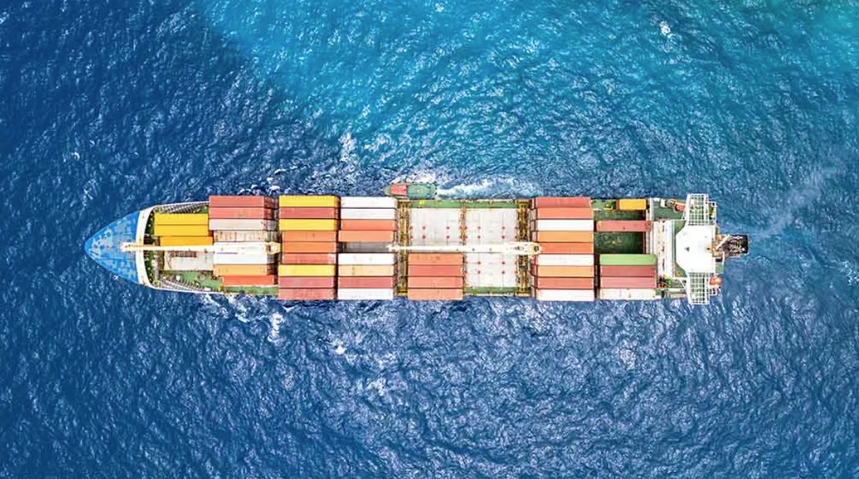The maritime transport sector is not yet serious about decarbonisation. Policy targets remain vague regarding a commitment to full decarbonisation by 2050, while there is currently no prospect of replacing the existing fossil-fuelled fleet by this date. Even if this were likely, there is little prospect of the availability of sufficient alternative fuel to power these engines. It is becoming common to describe shipping, like aviation, as a ‘harder-to-abate’ sector (Energy Transitions Commission (ETC), 2018). Excuses are already in place, and industry representatives expect the sector to be largely fossil fuelled well past 2050, probably until around 2070 (McKinsey, 2023).
PortEconomics member Jason Monios writes about Maritime transport in the net-zero economy, and his chapter is being included in Transport and Sustainability: Towards Transport Net Zero, edited by Jon Shaw, Stephen Ison and Maria Attard, published by Emerald Publishing Limited.
Find out more about Jason’s book chapter here.












